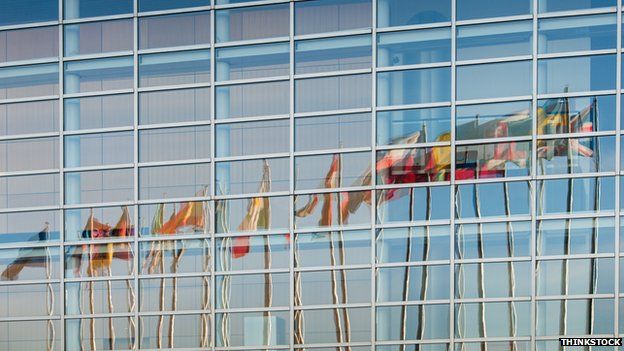Greek debt crisis: What next for the European Union dream?
Or, at least, some of those with a long memory have been wondering. For the past few years, as the EU has grappled with economic and migration crises, even the idea of a European idea has been largely absent from the debate, apart from often vague-sounding calls for solidarity.
In fact, many younger Europeans probably can’t remember a time when the EU was anything other than a study in sustained crisis management.
“United in diversity” remains the EU’s official motto. “United in adversity” may be a more appropriate one.
Not that there has seemed to be a great deal of unity of late.
‘Discontented journey’
If the so-called Franco-German motor is still powering the continent (as the prominence of the Merkel-Hollande partnership in everything from the Greek crisis to the Ukraine ceasefire talks suggests), the car is filled with passengers with their own, distinct ideas about which direction to take.
To cope with the large scale arrival of migrants, an external barrier is being built in Hungary, while internal measures have been taken on France’s border with Italy. It doesn’t look like a roadmap for harmony.
If you rewind to the birth of the EU, the original idea behind it – the European idea, if you like – was a tightly focused one.
Read More: Greek debt crisis: What next for the European Union dream? – BBC News

